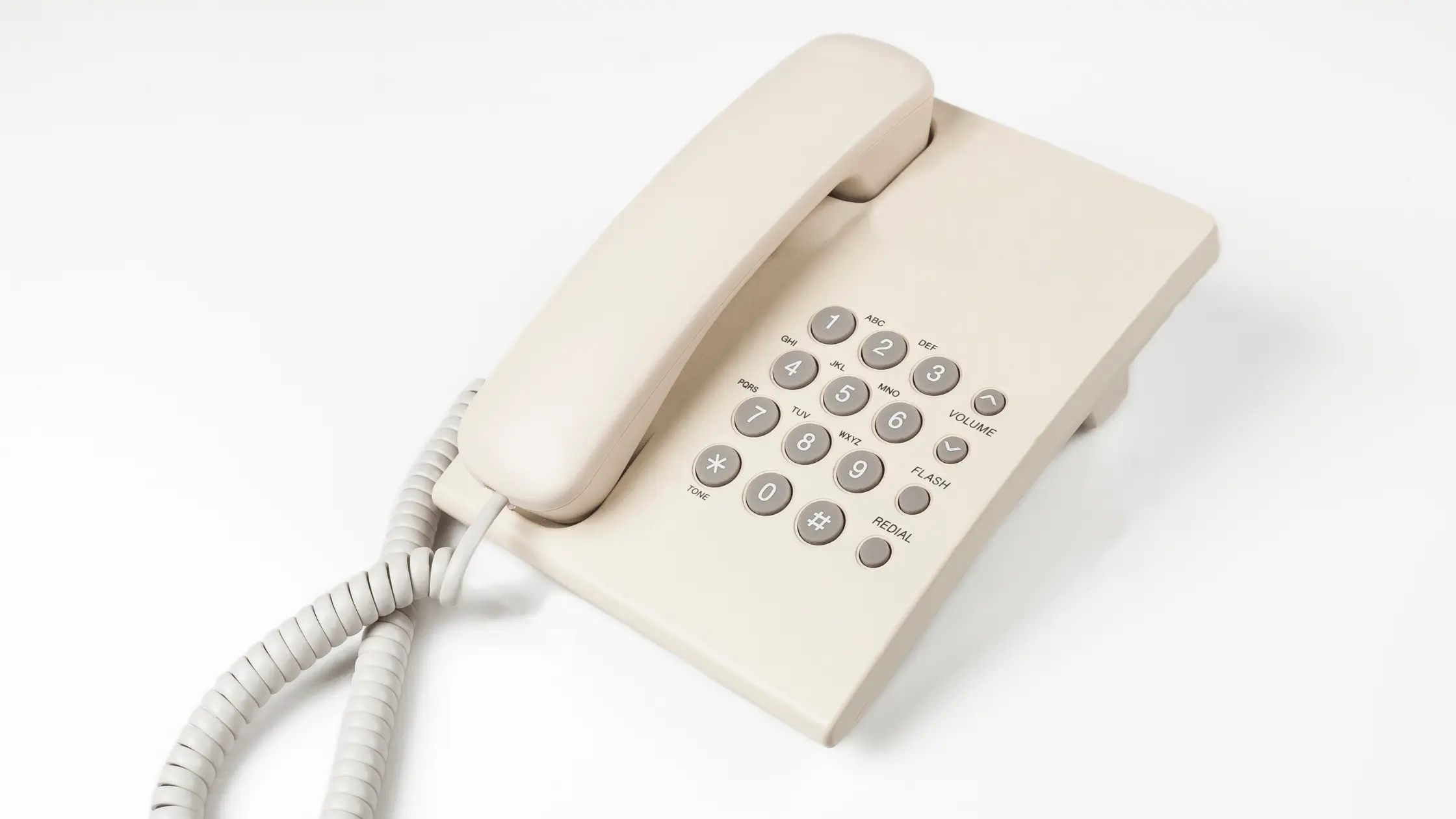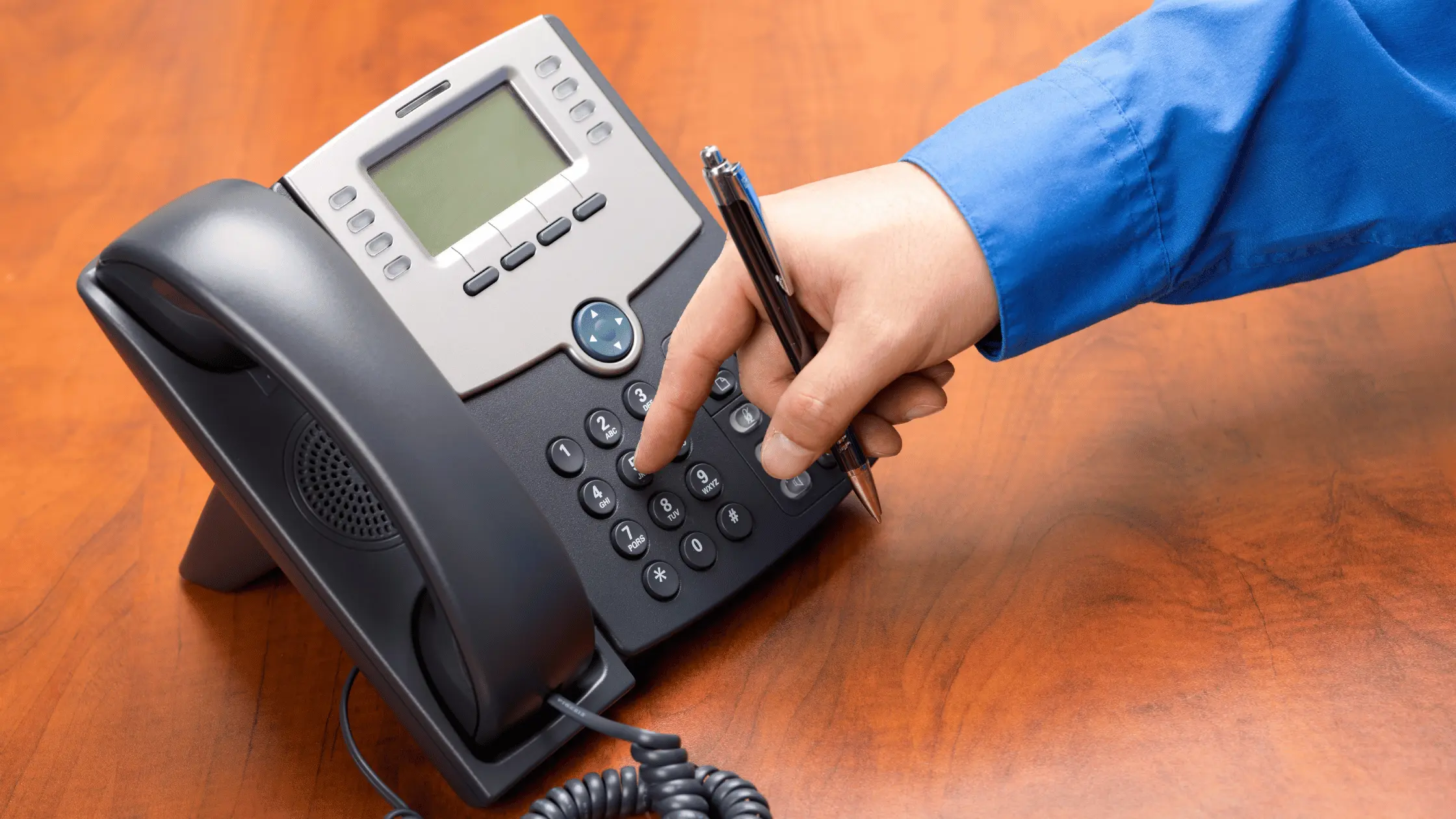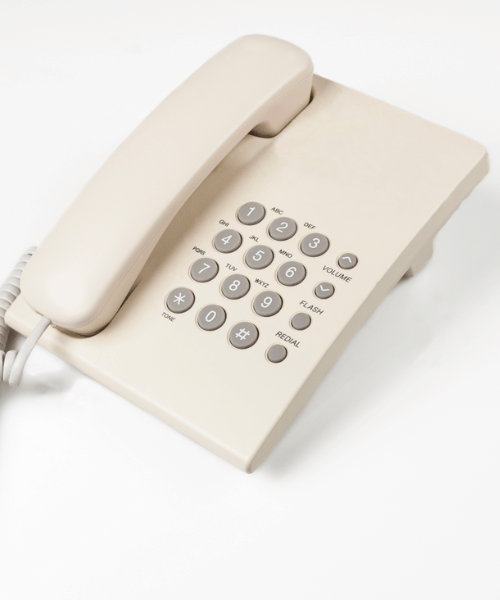Unlock the Power of Landline Phone Numbers? Everything You Need to Know!
Landline phone numbers, also known as fixed-line or wireline phone numbers, are telephone numbers that are connected to a specific location, typically a residence or business, through a physical connection such as a phone line or fiber optic cable. Landline phone numbers are typically associated with a fixed location, whereas mobile phone numbers are associated with a person and can be used in any location.
There are a few key benefits to using a landline phone number:
- Reliability:
Landline phone numbers are more reliable than mobile phone numbers, as they are less prone to interference or dropped calls.
- Cost:
Landline phone service is typically less expensive than mobile phone service, especially for long-distance calls.
- Security:
Landline phone systems may offer additional security features, such as caller ID blocking and call waiting, which can help protect against unwanted or spam calls.
- Professionalism:
Landline phone numbers can convey a sense of professionalism and stability to customers and clients, especially for businesses.
If you are considering using a landline phone number, there are a few things you should consider:
- Coverage:
Make sure that landline phone service is available in your area before signing up.
- Contract terms:
Be sure to understand the terms of any contract you may be required to sign, including the length of the contract, any fees or charges, and any penalties for early termination.
- Phone features:
Determine which features, such as voicemail, call forwarding, and caller ID, are important to you and make sure they are included in your phone service plan.
- Service provider:
Research different service providers to find the one that best meets your needs and budget.
Overall, landline phone numbers can be a useful and cost-effective communication tool for both individuals and businesses.
Limitations of Landline Numbers
There are a few limitations to using landline phone numbers:
- Limited mobility:
Landline phone numbers are tied to a specific location, so you can only use them when you are at that location. This can be inconvenient if you need to make or receive calls while on the go.
- Dependence on physical infrastructure:
Landline phone systems rely on physical phone lines or cables, which can be damaged by natural disasters or other events. This can cause service disruptions or outages.
- Limited features:
Landline phone systems may not offer as many advanced features as mobile phone systems, such as internet connectivity, texting, and mobile apps.
- Increasing obsolescence:
With the rise of mobile phones and internet-based communication methods, landline phone usage has been declining in recent years. This may make it more difficult to find service providers or phone equipment in the future.
It's important to weigh the benefits and limitations of landline phone numbers before deciding whether they are the right choice for you. In some cases, a combination of landline and mobile phone service may be the best solution.

Landline Number FAQs
Here are answers to some common questions about landline phone numbers:
- Can I keep my landline phone number if I move?
In most cases, you can keep your landline phone number if you move to a new location within the same area code or telephone exchange. However, you will need to contact your service provider to let them know about your move and to set up service at your new location. If you move to a different area code or telephone exchange, you may need to get a new phone number.
- Can I port my landline phone number to a mobile phone?
In some cases, it may be possible to port your landline phone number to a mobile phone. This process involves transferring your phone number from your landline phone service provider to a mobile phone service provider. However, not all phone numbers can be ported, and there may be fees or other restrictions involved. It's a good idea to check with both your landline and mobile phone service providers to see if number porting is possible and to understand the terms and conditions.
- Can I keep my landline phone number if I switch service providers?
In most cases, you can keep your landline phone number if you switch service providers as long as you are staying within the same area code or telephone exchange. However, you will need to contact your new service provider to arrange for the transfer of your phone number. There may be fees or other restrictions involved, so it's a good idea to check with your new service provider for more information.
- Can I use my landline phone to access the internet?
Some landline phone systems offer internet access, either through a separate broadband connection or through the phone line itself using a technology called DSL (digital subscriber line). However, not all landline phone systems offer internet access, and the speed and availability may vary depending on your location and service provider. If you need internet access, it may be a good idea to consider a separate broadband service or a mobile hotspot device in addition to your landline phone service.
Conclusion
Landline phone numbers are telephone numbers that are connected to a specific location through a physical connection such as a phone line or fiber optic cable. They offer benefits such as reliability and cost-effectiveness, but also have limitations such as limited mobility. Landline phone numbers may be a good choice for those who want a reliable and cost-effective communication tool, or for businesses that want to convey a sense of professionalism.
It's important to consider the benefits and limitations of landline phone numbers, as well as your specific needs and budget, before deciding whether they are the right choice for you.
Real estate is an ever-flowing well. The more you take out, the more it flows.















